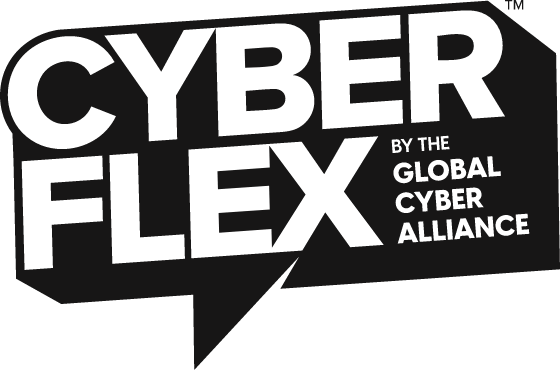Ticket scams are on the rise, and even Taylor Swift fans (aka Swifties) aren’t immune. As Taylor Swift returns to North America for the final leg of her Eras Tour, scammers are targeting eager fans, and it’s estimated that over $1 million has already been lost to fraudulent ticket sales. With these scams becoming increasingly sophisticated, knowing how to protect yourself when purchasing tickets online is more important than ever.
What Is a Ticket Scam?
A ticket scam occurs when someone sells you a fake, duplicated, or non-existent ticket. Often, you won’t realize the ticket is fraudulent until you arrive at the venue—by which time, it’s too late. Not only have you lost your money, but you’ve also missed the event you were excited about. Scammers are skilled at making their schemes appear legitimate, often using fake websites, classified ads, or social media platforms to target unsuspecting buyers.
Red Flags to Watch Out For:
- Too Good to Be True Prices: If the price is significantly lower than the standard rate, be cautious. Scammers use these “too good to be true” prices to lure buyers into rushing the purchase without further investigation.
- Pressure Tactics: Scammers often create a false sense of urgency by claiming that tickets will sell out quickly. This tactic is meant to rush your decision, leaving you little time to evaluate the offer’s legitimacy.
- Unverified Sellers: Always check if the seller is verified. Whether through a ticket marketplace or a social media contact, it’s crucial to verify who you’re dealing with. Look for reviews, ratings, and feedback from previous buyers to ensure the seller is legitimate.
Top Tips to Avoid Ticket Scams:
- Avoid Buying Tickets Through Social Media: Even if the offer comes from a friend or a friend of a friend, be cautious. Scammers often hack accounts and post fake ticket listings, making it appear as though the ticket is coming from a trusted source.
- Buy from Reputable Sites: Always purchase your tickets from well-known, reputable ticket-selling platforms. To ensure the website is secure, double-check the URL for a lock icon and ensure the address starts with “https://”. You can also confirm if the resale site is listed on verifiedticketsource.com to ensure it’s trustworthy.
- Research the Prices: Before purchasing, check the ticket prices across multiple platforms. If a deal seems too good to be true, it probably is. Scammers often lure buyers with unusually low prices to scam them out of their money.
- Use Secure Payment Methods: Avoid paying via unsecured methods like wire transfers or gift cards, as these are harder to trace and recover. Instead, use payment methods that offer buyer protection, such as credit cards or secure online payment systems like PayPal.
- Report Suspicious Activity: If you encounter a ticket scam, report it immediately. By reporting, you can help protect others from falling victim to similar scheme





